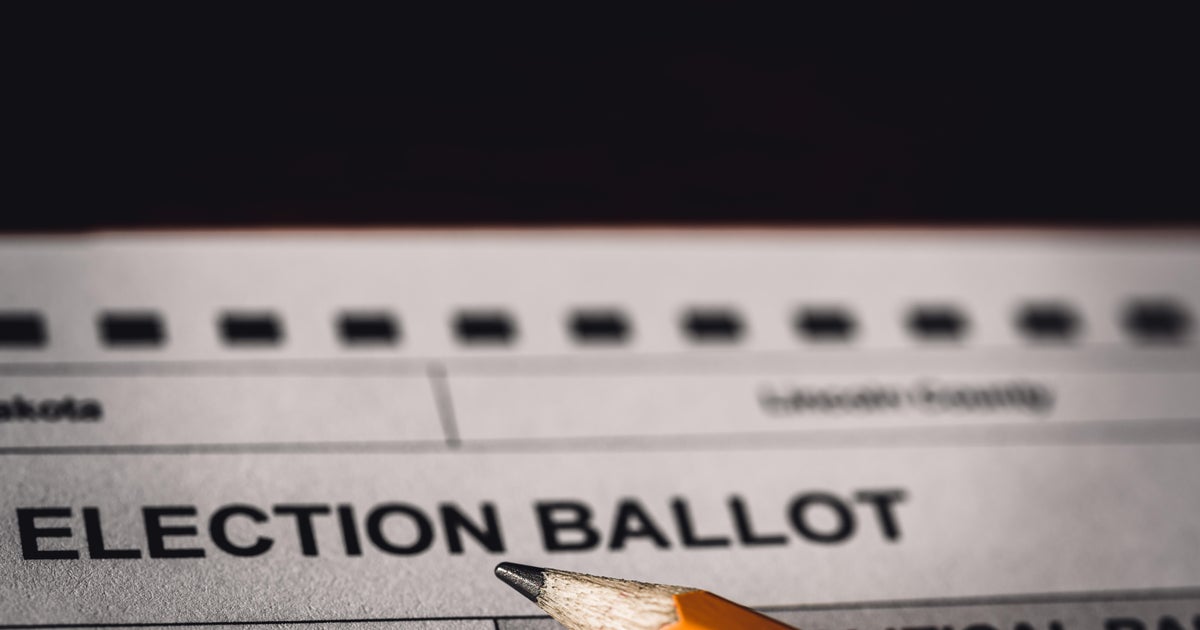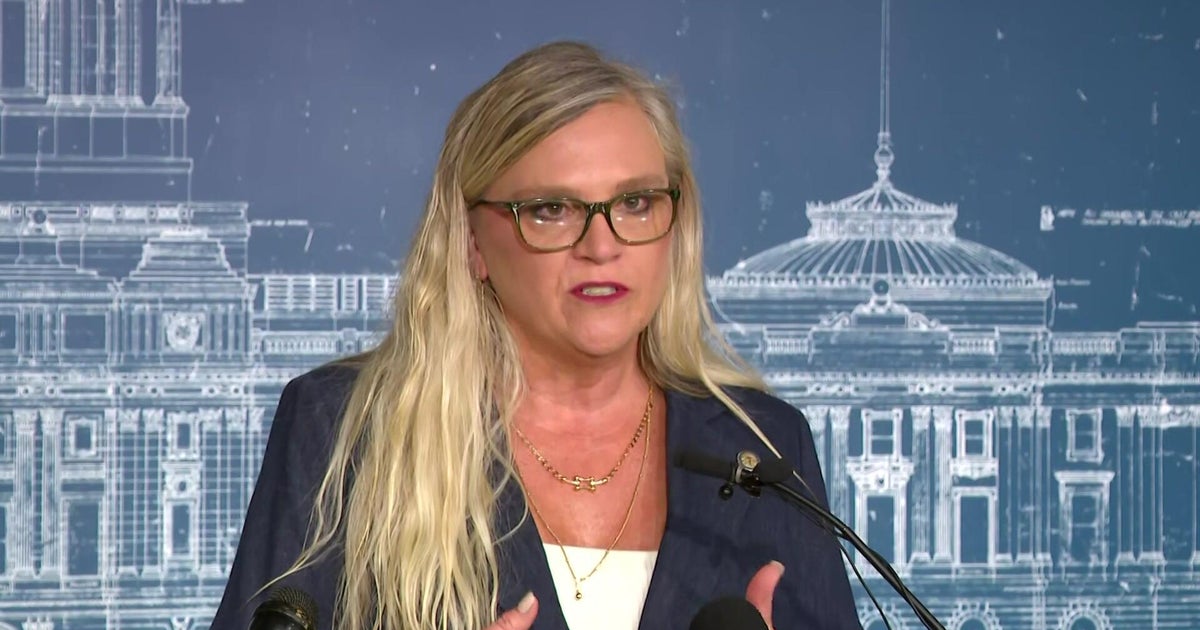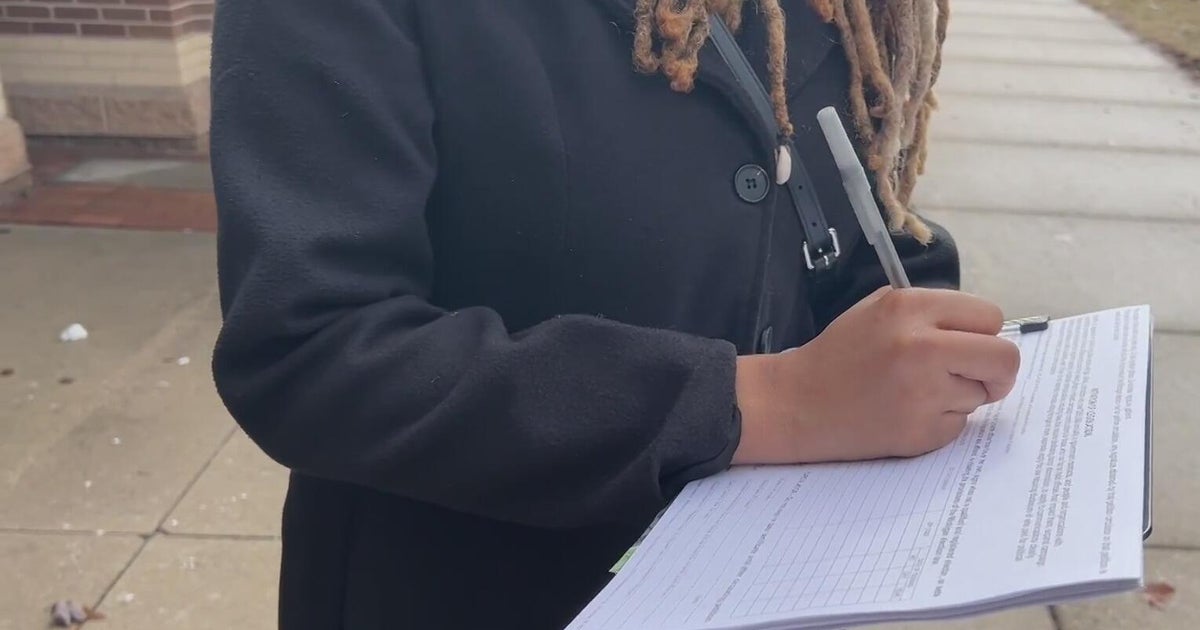After Lengthy Drift, Haiti Votes For New Leader
Follow CBSMIAMI.COM: Facebook | Twitter
PORT-AU-PRINCE, Haiti (CBSMiami/AP) — Haiti's repeatedly derailed presidential election went relatively smoothly Sunday as the nation tried to get its shaky democracy on a sturdier track after nearly a year of being led by a provisional government.
Voter turnout appeared paltry in much of southwest Haiti, which was ravaged by Hurricane Matthew last month and was impacted by rains Sunday. But in the crowded capital of Port-au-Prince and most other areas, balloting appeared to be operating as planned even after a number of polling centers opened after the 6 a.m. scheduled start.
"I will wait as long as I need to," said Alain Joseph, a motorcycle taxi driver and father of four who wore a bright pink sweatshirt to show his loyalty to the Tet Kale party of ex-President Michel Martelly. Pink is the faction's color.
Police reported some isolated incidents of voter intimidation and disruptions, including an attempt to torch a voting center in the northern town of Port Margot. Across the country of over 10 million people, there were 18 arrests by early afternoon.
Leopold Berlanger, president of Haiti's Provisional Electoral Council, told reporters that authorities were "satisfied" with how election day was progressing even though balloting could not take place in two isolated districts. He also said some people complained they couldn't find their names on voter lists.
"I have to admit, I'm a little surprised just how smoothly things are going," said Vanessa Similien, an electoral office worker who was monitoring voting at a school in Cite Soleil, a volatile slum on the edge of Port-au-Prince where voting sometimes has devolved into chaos.
The Caribbean nation's roughly 6 million registered voters don't lack for choice: 27 presidential candidates are on the ballot. The top two finishers will meet in a Jan. 29 runoff unless one candidate in the crowded field somehow manages to win more than 50 percent of the votes.
No results are scheduled to be released for eight days, and electoral council executive director Uder Antoine has said it might take even longer.
The balloting will also complete Parliament as voters pick a third of the Senate and the 25 remaining members of the Chamber of Deputies.
Helene Olivier, 72, said she was inspired to vote for the first time in her life because she's had it with all the testosterone in Haitian politics. She believed that Fanmi Lavalas candidate Maryse Narcisse, one of two female presidential contenders, would improve the nation because of her gender.
"Women protect women. They make good changes. The men, they boss you and beat you too hard," Olivier said after casting her ballot at a high school in Petionville, a hillside district above Port-au-Prince.
Results of an October 2015 vote were annulled earlier this year after a special commission reported finding what appeared to be significant fraud and misconduct.
Most Haitians have stayed away from the polls in recent elections, in part because they are repelled by the chronic ineffectiveness and broken promises of their elected officials. But there are no shortage of citizens who are hopeful new leaders might be able to relieve Haiti's chronic poverty and political turbulence.
"Nothing will stop me from voting. We all have to step up and help solve Haiti's problems," said Mickenson Berger, who has been cutting hair on a Port-au-Prince street corner since his barber shop was destroyed in the 2010 earthquake.
Haiti has had an anemic caretaker government for nearly a year, and a new elected president will face a slew of challenges.
With the depreciation of the currency, the gourde, the cost of living has risen sharply. Haiti is deeply in debt and public coffers are largely depleted. The southwest is in shambles from last month's Hurricane Matthew and parts of the north have been battered by recent floods.
Haiti is the poorest nation in the hemisphere.
"Public institutions remain weak, and life-crushing poverty remains the daily reality of most of its citizens. Environmental degradation has left the population and the country's productive infrastructure highly vulnerable to shocks," said Robert Maguire, a Haiti expert who is an international affairs professor at George Washington University.
In Bel Air, a rough hillside neighborhood of shacks in downtown Port-au-Prince, men said their biggest hope from a new administration was simply regular garbage collection.
"All I know is the next government needs to start picking up the trash around here again. Under the interim government, we've had no garbage collection here at all," said Nicolas Michel, a high school math teacher and a part-time welder.
A revamped Provisional Electoral Council, known as the CEP, has gotten high marks for organizing Sunday's vote with some $25 million from the government. It replaced a council that was marred by internal discord and widespread allegations of fraud.
"So far, this CEP has done a good job. Their credibility is very high," said Rosny Desroches of the Haitian group Citizen Observatory for Institutionalizing Democracy, which had 1,500 observers monitoring the national vote.
Delegations from the Organization of American States and the Caribbean Community were also watching the election.
(TM and © Copyright 2016 CBS Radio Inc. and its relevant subsidiaries. CBS RADIO and EYE Logo TM and Copyright 2016 CBS Broadcasting Inc. Used under license. All Rights Reserved. This material may not be published, broadcast, rewritten, or redistributed. The Associated Press contributed to this report.)







